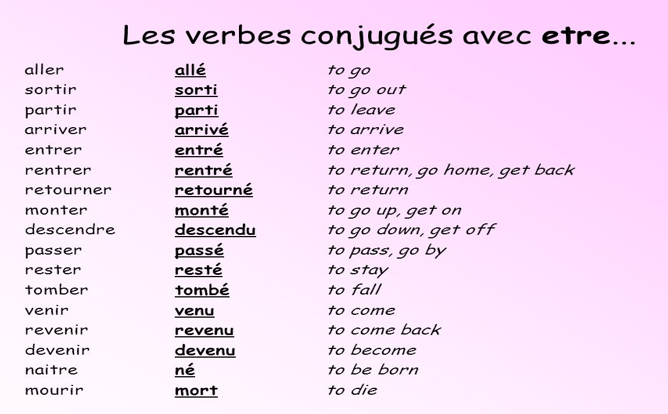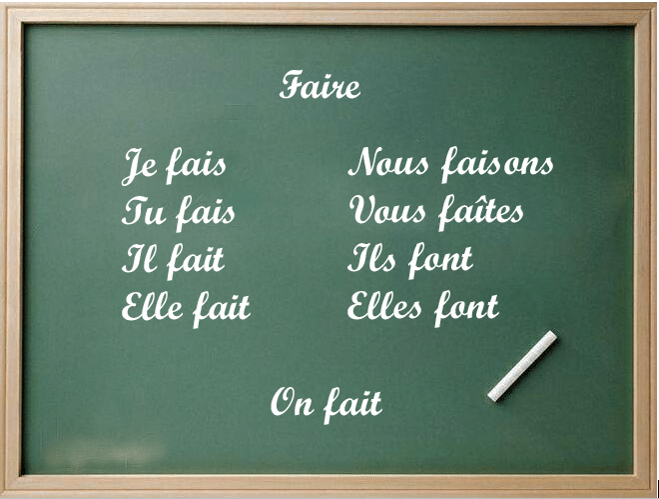In this video, we’ll guide you step-by-step through the conjugation of French -RE verbs in the present tense.
Perfect for beginners and intermediate learners alike, you’ll discover the patterns and rules behind these common verbs.
We’ll break down examples, show you tips to remember conjugations easily, and help you build confidence in using them in everyday conversation.
Whether you’re learning French for school, travel, or personal growth, this video will help you conquer -RE verbs like a pro.





